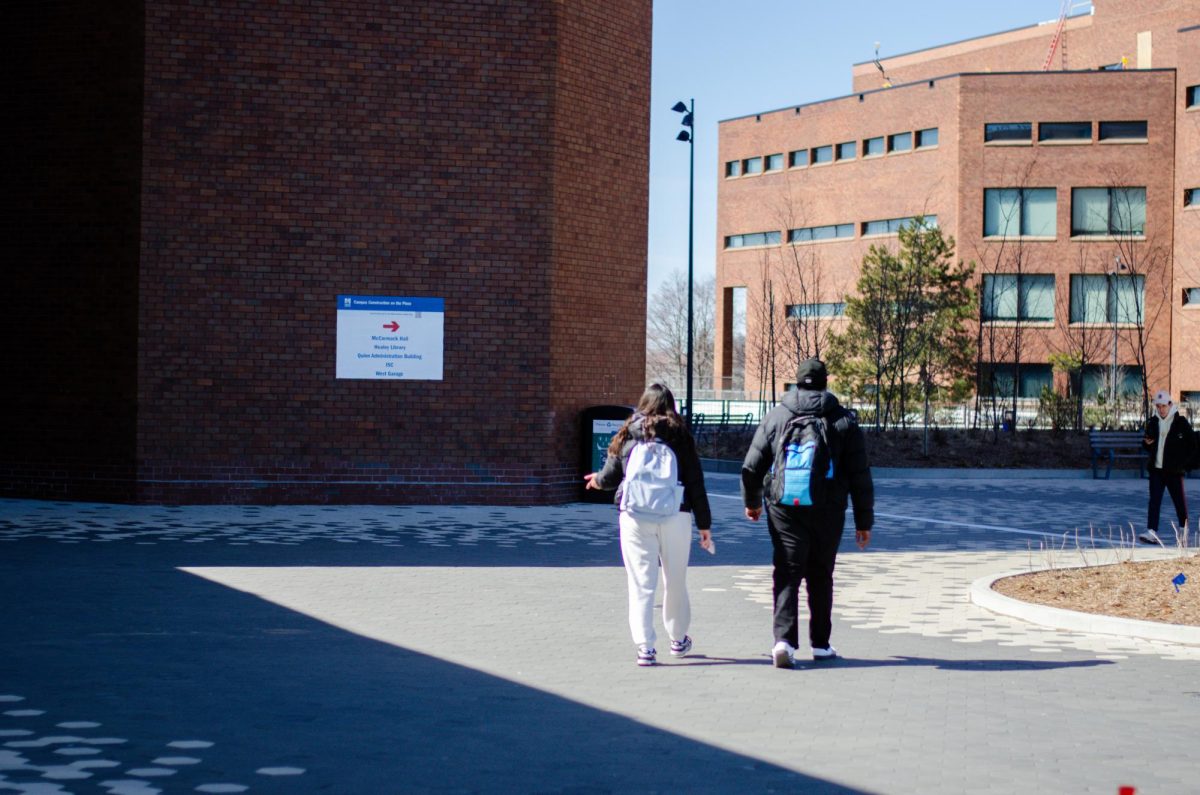During the Fall 2022 semester, roughly 22 percent, or around a fifth of the total student population at UMass Boston, responded to the National Assessment of Collegiate Campus Climates. The NACCC is a survey designed by the University of Southern California Race and Equity Center to assess how undergraduate and graduate students feel about the racial climate on campus.
The survey is broken up into several categories: Mattering and Affirmation, Cross Racial Engagement, Racial Learning and Literacy, Encounters with Racial Stress, Appraisals of Institutional Commitment and Impact of External Environments. To discuss the results of the survey received last summer, UMass Boston has held several campus community sessions.
On Oct. 18, 2023, the first session on Mattering and Affirmation was conducted. Overall, undergraduate students at UMass Boston, compared to five peer schools—Metropolitan State University, Stockton University, Texas Southern University, University of Houston and University of Houston Downtown—felt that feelings of “mattering” on campus spaces like classrooms were lower. [1]
However, feelings of “mattering” in classrooms taught by professors of color were higher than classes taught by white professors. Graduate students had a similar experience in classroom environments, with students of color also feeling a lower sense of “mattering” in courses taught by white professors versus professors of color.
In the next session regarding Cross Racial Engagement, survey results revealed that UMass Boston undergraduate students of color hung out socially with white students at higher rates than peer institutions. The same was true for white undergraduate students spending time with students of color. [2]
Thirty percent of white graduate students felt “moderately calm” engaging in conversations about race with students of color. On a scale of one to seven, with one being completely nervous and seven being completely calm, a moderate was a six. Meanwhile, 30 percent of graduate students of color felt “completely calm” engaging in conversations about race with their white colleagues.
The third session shared the results of the Racial Learning and Literacy section of the NACCC. UMass Boston undergraduates spent more time in conversations with other students, learning about race outside of class, compared to peer universities. This is part of an overall trend of UMass Boston students learning about race at higher rates than at selected peer schools. [3]
Interestingly, while undergraduate students learned about race from professors at higher rates than at peer schools, it was slightly lower for learning about race from university staff/administrators.
Graduate students of color also reported learning about race at much lower rates than white students. Graduate students overall saw slightly lower racial diversity in classes compared to undergraduates.
Lastly, in the most recent community session detailing Encounters with Racial Stress, undergraduate students of color felt more emotionally impacted by the overall racial climate on campus. This includes a decline in academic grades, physical health, emotional well being and feelings of loneliness or isolation. A very small portion of graduate students reported experiencing racism on campus as well, most notably in the financial aid office, campus police and the campus quad. [4]
UMass Boston will host two more upcoming community sessions. Monday, April 22 from 1 p.m. to 2 p.m., in Campus Center Room 3540, will be the discussion on Appraisals of Institutional Commitment. Wednesday, May 8 from 1 p.m. to 2 p.m. in the Campus Center, Room 3545, will be a final discussion on the Impact of External Environments. [5]
Sources:
[1] https://www.umb.edu/media/umassboston/editor-uploads/campus-life/NACCC-2022-Session-1-.pdf
[2] https://www.umb.edu/media/umassboston/editor-uploads/campus-life/NACCC-2022-Session-2.pdf
[3] https://www.umb.edu/media/umassboston/editor-uploads/campus-life/NACCC-2022-Session-3.pdf
[4] https://www.umb.edu/media/umassboston/editor-uploads/campus-life/NACCC-2022-Session-4.pdf





















































